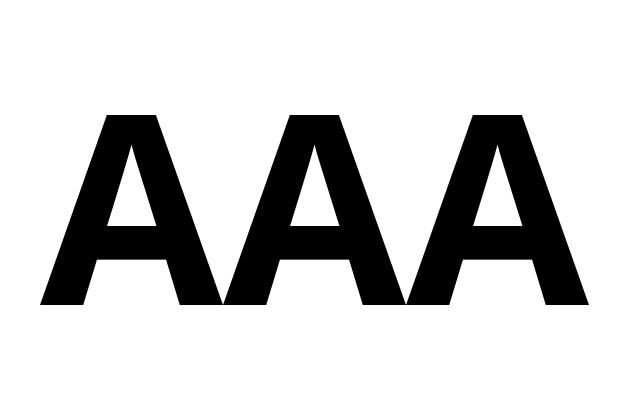DBRS said on 7 September that Luxembourg had “AAA” long-term credit with a “stable trend”. That means the agency does not anticipate lowering the rating, despite the upcoming general election, the country’s over-reliance on the financial sector, recent EU state aid cases and rapidly rising housing prices.
Last year’s tax reform and low overall government debt were cited by DBRS as positives. In addition, “Luxembourg is set to benefit from the relocation of financial firms from the United Kingdom to the Grand Duchy as a result of Brexit.”
The grand duchy’s finance ministry, in a press statement on 8 September, pointed out that DBRS noted the country’s “public finances have performed better than expected in 2017.”
In a media statement sent to Delano on Monday morning, DBRS analysts wrote:
“Despite the uncertain results from the coming elections--to be held on 14 October--DBRS expects Luxembourg’s political environment to remain stable. The country’s level of institutional capacity is among the highest of OECD countries. No party is expected to obtain a majority in parliament and thus a coalition government is the most likely outcome.
“DBRS also expects Luxembourg’s public finances to remain sound. A technical budget for the first four months of 2019 is set to be presented in the autumn until a formal budget for the full year is agreed by the new government. Broad consensus among political parties over sound macroeconomic policies provide the country with policy predictability.
“Moreover, despite risks of financial market volatility, DBRS views the country’s economic prospects as robust. Real GDP growth is projected at 3.9% in 2018, outpacing that of the Euro area. Growth is then projected to moderate towards its 3-3.5% potential in the longer term.
“Given Luxembourg’s strong fundamentals, DBRS sees downward pressure on the ratings as unlikely. Nevertheless, downward pressure could stem from a severe shock to Luxembourg’s financial centre, most likely generated by sustained turmoil in financial markets, or material damage to Luxembourg’s attractiveness for investment. Either of these scenarios could have a significant impact on the economy and public finances.”
Generally speaking, higher credit ratings mean that governments can borrow money at lower interest rates on the global financial market.
Luxembourg also has top-notch credit notations from Fitch, Moody’s and S&P, the three other major global ratings firms.
